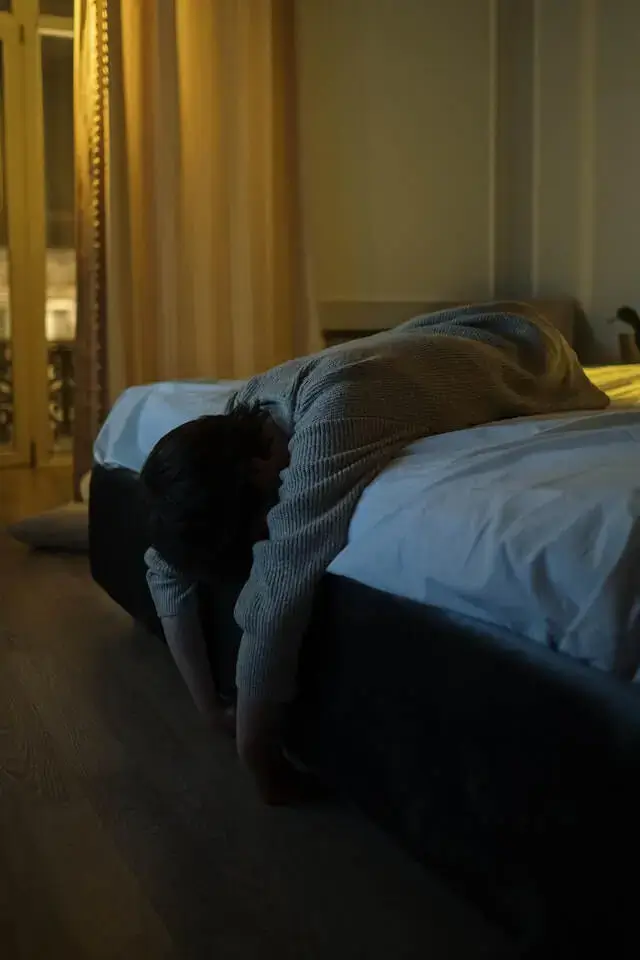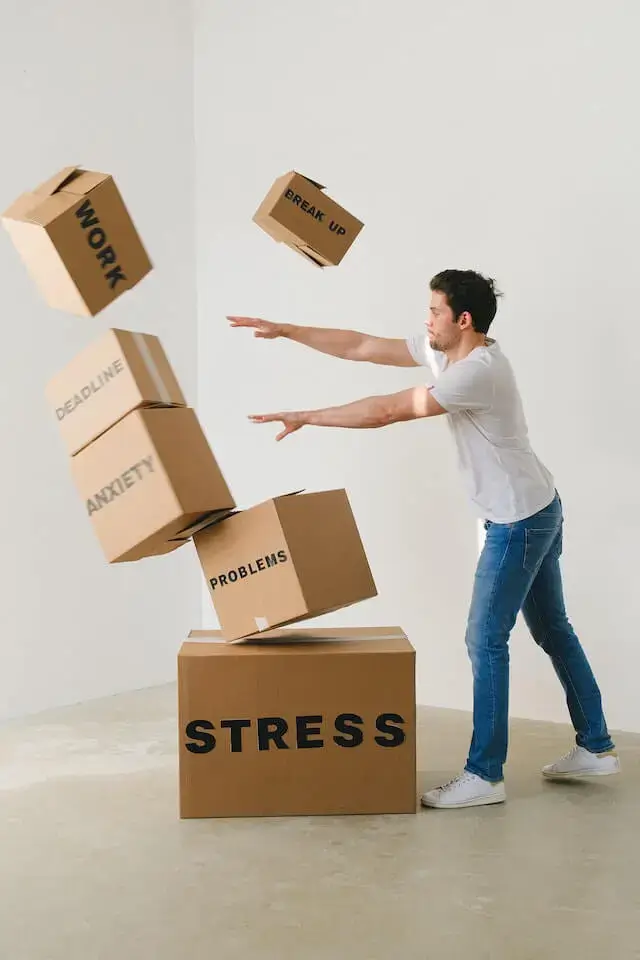Nothing is worse than not being able to sleep when you’re tired. Luckily, there are a number of easy ways to get your body ready for bed and fall asleep faster. Here are five of the best insomnia relief techniques that I’ve found over the years:
Try melatonin.
Melatonin is a hormone that helps control the body’s internal clock, and it can be an effective way of controlling insomnia if you have trouble falling asleep. Researchers believe that melatonin supplements might help treat jet lag by regulating sleep patterns, but they aren’t certain yet.
To use melatonin:
- Buy Melatonin supplements at your local pharmacy or health food store and follow their instructions for use (generally 1-2mg per day)
- Take your dose about 30 minutes before bedtime
Get comfortable.
It’s important to get comfortable for a good night’s sleep. If you are not comfortable, it will be harder for you to get a good night’s sleep and that can lead to insomnia. This is because the stress from being uncomfortable will keep your body up longer than it should. It would be better if you were able to relax and get some restorative sleep so that you can wake up feeling refreshed and ready for the day ahead of you!
It’s also important to find a mattress that is the right size for you. If the mattress is too small, then you will have to sleep diagonally in order to fit on it comfortably. This can lead to back problems and other issues later on down the line. It’s best if you can find a mattress that fits your body perfectly and allows you to have plenty of room without feeling cramped or uncomfortable at all.
Listen to music.
One of the most effective insomnia relief techniques is listening to music. Studies show that listening to relaxing, soothing music before bed can help you fall asleep faster and stay asleep longer.
If you’re not a fan of music, try using white noise machine instead. These machines simulate a variety of natural sounds such as crashing waves, rainstorms and crickets. White noise machines can be very helpful in blocking out disturbing noises or distractions that keep you awake at night. If your environment is particularly noisy (like in an apartment building), earplugs may also be necessary!
If you don’t want to spend money on an actual machine or do not have access to one (in case it’s noisy outside), there are plenty of apps available for free on both Android and iOS devices that will help drown out unwanted noises while lulling you into dreamland with calming sounds like babbling brooks or ocean waves crashing along shorelines – so give them a try!
Avoid sugar and caffeine, especially at night.
Caffeine is a stimulant that affects the central nervous system and can cause insomnia, so it’s best to avoid it. In particular, you should avoid coffee and tea after dinner—it takes caffeine about an hour to kick in, so if you drink them too late, they may make your sleep worse than it already was. Chocolate contains caffeine as well; while this doesn’t mean that eating chocolate will keep you awake all night (unless it’s not already part of your diet), there are other reasons why avoiding sugar at night is a good idea:
- Avoiding sugary snacks after dinner can help prevent blood sugar spikes that could disrupt sleep later on in the evening.
- Drinking alcohol can lead to low levels of melatonin production—the hormone responsible for regulating our circadian rhythm—which makes falling asleep harder than normal
Read a book or watch TV before bed.
Reading a book or watching TV before bed is a great way to relax and get in the right mindset for sleep. When you’re tired but not so tired that you can’t keep your eyes open, these activities are ideal. It’s not recommended to read or watch TV when you’re too wired and energized—you want to be relaxed, not stressed!
The best insomnia relief techniques are easy and quick.
- Counting Sheep: This technique is the easiest of them all, and can be done anywhere (even in bed). You simply lie back and count sheep jumping over a fence. Start with five sheep, and then slowly increase your tally until you’re up to 100 or more. If you get distracted by other thoughts, just start again at one!
- Progressive Muscle Relaxation: This method helps you relax your muscles by focusing on each area in turn as you tense it up for about 10 seconds, then release it completely for about 20 seconds before moving onto the next muscle group—and so on until all of them have been relaxed one by one.
- Guided Imagery Meditation: This involves breathing deeply while visualizing an item that has personal significance to you (such as an important person), which will help take off some of the weight from anything troubling your mind even if only temporarily
Conclusion
I hope these tips will help you get a better night’s sleep and relieve your insomnia. If they do, please let me know what worked for you!

